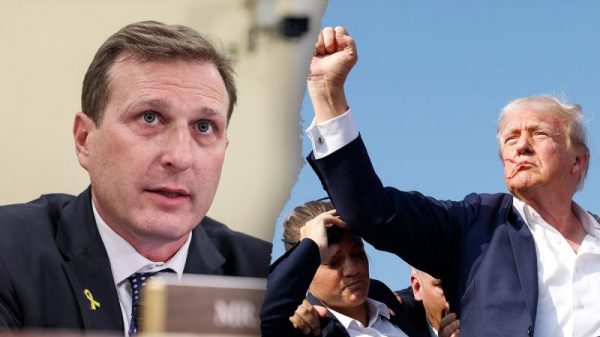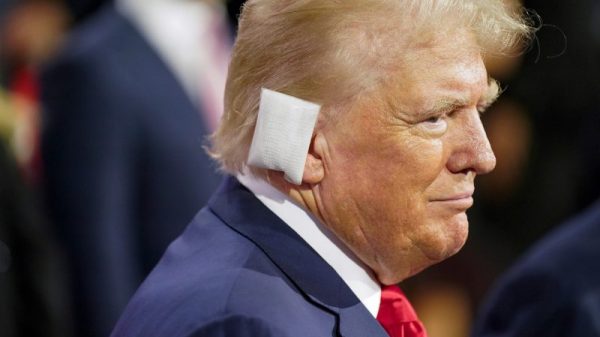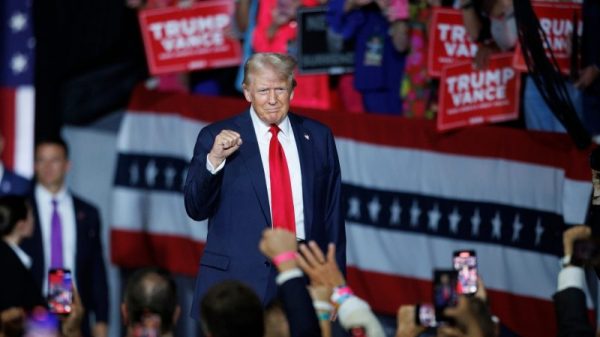China’s Plans To Regulate Facial Recognition Cameras
In an era marked by rapid technological advancements, China, a global tech powerhouse, is proactively shaping its approach to maintain an equilibrium between innovation and personal privacy. The Cyberspace Administration has recently unveiled draft rules that outline a comprehensive plan to regulate the use of facial recognition cameras in business operations. This move aims to strike a harmonious balance between technological advancement and safeguarding individual rights. It also focuses on personal identification methods that go beyond biometrics.
Prioritizing Consent and Purpose
Central to the proposed policy is the necessity for businesses to secure individual consent prior to implementing facial recognition cameras. Moreover, the companies must deploy such technology only due to a specific purpose. The draft also underscores the preference for non-biometric verification methods if they can effectively serve the intended purpose.
While individual consent remains essential, the draft acknowledges that certain administrative scenarios might not require it. The authors haven’t disclosed the specifics of these situations, however. In cases where organizations employ facial recognition cameras, the regulations encourage the adoption of national systems. That will help to ensure consistency and enhanced security.
Innovative Technology: Emphasizing Public Safety and Ethical Usage
The draft guidelines underscore the paramount importance of maintaining public safety when installing image collection and personal identification equipment in public places. To ensure transparency, it will become mandatory to display clear signage indicating the presence of facial recognition cameras. This step aims to address concerns regarding privacy intrusion and misuse of facial recognition technology.
Addressing Controversies and Global Impact
This regulatory initiative comes at a time when previous controversies surrounding facial recognition technology have come to light. For example, reports have indicated instances where technology companies collaborated with authorities to target specific religious and ethnic groups. In response, China’s Ministry of Foreign Affairs dismissed these reports. It asserted that people should primarily employ technology and data to enhance social management.
The impact of China’s regulatory shift reaches beyond its borders, with surveillance systems in various countries incorporating facial recognition technology. The incident in the United States where a woman was denied entry to Radio City Music Hall due to a facial recognition camera illustrates both the potential benefits and concerns associated with such technology.
Exploring Implementation and Limitations
China has been no stranger to experimenting with facial recognition technology. Businesses have tested it for payment in convenience stores. Meanwhile, residential complexes have embraced facial recognition systems for seamless access. Beijing’s subway stations have discreetly integrated facial recognition scanners into their infrastructure.
Guidelines for Restriction and Consideration
The draft rules provide a roadmap for sectors where organizations should restrict facial recognition technology. It advises airports, hotels, stations, banks, stadiums, and exhibition halls to limit the use of facial recognition cameras for personal identity verification unless stipulated by law. Meanwhile, the draft urges building management to offer alternative entry methods in cases where individuals decline facial recognition. Additionally, the document mentions that sensitive spaces like hotel rooms, bathrooms, and changing rooms hosting image or data collection equipment should avoid the use the technology.
Innovative Technology: Paving the Way for a Balanced Future
As China’s draft regulations undergo the public comment phase until September 7, the nation remains committed to fostering an environment where technology and privacy coexist in harmony. These efforts align with broader initiatives to fortify cybersecurity and protect personal data.
China’s proactive stance on facial recognition technology signifies a significant stride towards effectively managing the interface between technological advancements and individual privacy rights.
The post China’s Plans To Regulate Facial Recognition Cameras appeared first on FinanceBrokerage.


































